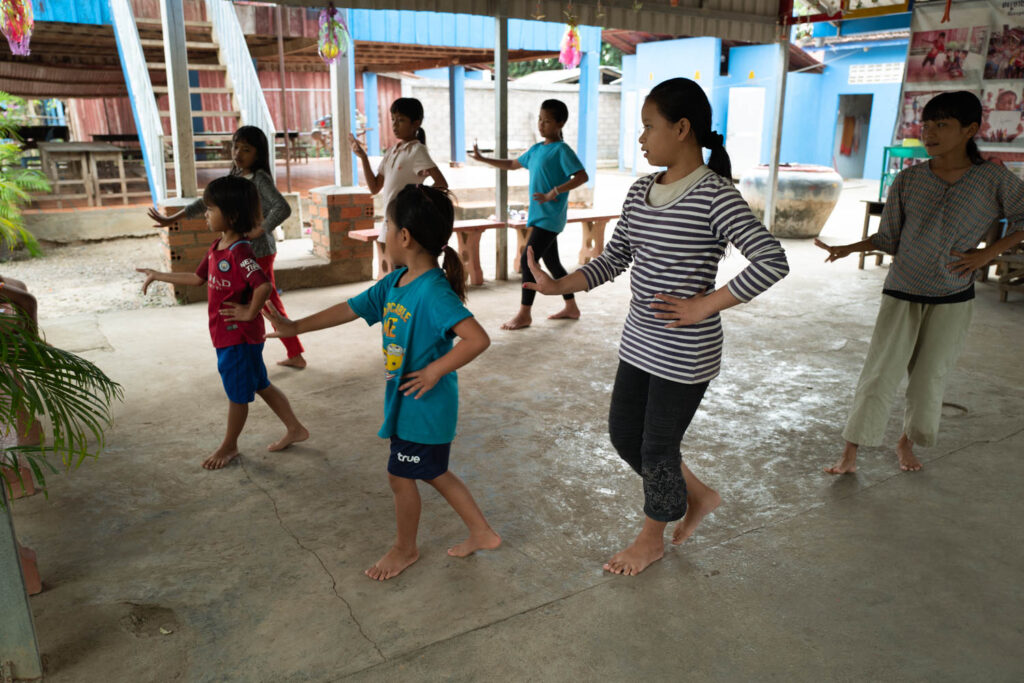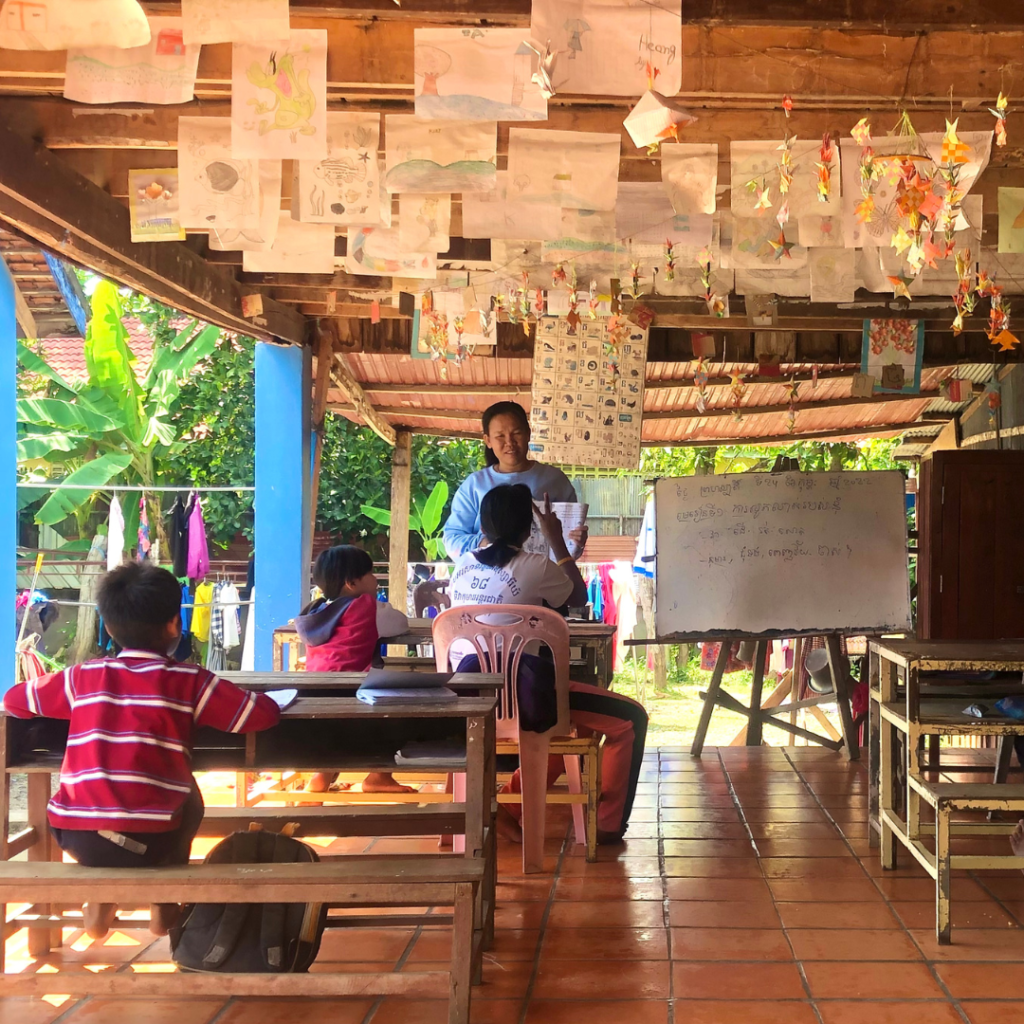The first thing you notice about Kosal* is his quiet yet dignified demeanour which belies his sharp wit and incredible intelligence. At 15 years old, Kosal bears an innocence uncommon in young people who have experienced such hardship as surviving human trafficking.
Kosal was born with a type of dwarfism into a poor family in central Cambodia. When he was young, a group of Thais approached his parents and offered to take Kosal to live in Thailand. They promised to take care of him as they would their own child. However, the Thais were actually human trafficking brokers wanting to exploit Kosal’s disability and use him as a beggar in the Thai markets. He suffered this abuse for years until the age of 13 when Thai police arrested him for begging. Without an adult guardian, he was sent to a detention centre to await deportation back to Cambodia.
Human Trafficking Surges During Pandemic
Kosal was processed through the Poipet Transit Centre (PTC) when he arrived in Cambodia. From there, he was transferred to the Child Migrant Office (CMO), which supports child deportees unaccompanied by an adult. Kosal knew he was from Kampong Cham province but could not remember the exact village. This is a common occurrence for child deportees. When it happens, social workers from the 3PC network step in to help track down the child’s family in the hope of reuniting them.
When the social workers found Kosal’s family, they were homeless, living in extreme poverty, and in debt. The best option for Kosal was to be referred to Damnok Toek’s Transitional Care Facility (TCF). While there, he would have a safe place to live and could study through the Non-Formal Education program.
Speaking through a translator, he reflects on this decision fondly saying, “Before coming here my life was a bit difficult. I lived in Thailand so when I was brought [back] to Cambodia, I had never studied and had no place to stay, nothing to eat. When I came to Damnok Toek, I had a safe space to stay, and three meals a day. I could study and I could play…” The translator pauses and Kosal, having clearly followed the conversation, interjects in English, “…with my friends.”
A New Form of Alternative Care

The TCF offers long-term accommodation, meals, education, counselling, and other provisions for children under 16 years old for whom family reintegration is not an option. Many children who live at the TCF have experienced extreme trauma. They have also had little to no previous education or guidance. Therefore, Damnok Toek offers these children an education separate from the Non-Formal Education (NFE) program. This education focuses on accelerated learning and teaching life skills. The road to recovery is different for all children. Damnok Toek staff take an individualised approach for children living in the TCF to address each child’s needs and potential.
Kosal excelled in his classes immediately. After one year of education in the TCF, he transferred to the NFE program to complete Grade 6. Again, he was consistently top of his class. His teacher suggested he apply for a secondary school run by another organisation. He was accepted and is now in Grade 7 studying full days Monday-Friday. He takes extra classes on Saturday mornings for additional practice in Khmer language and mathematics.
“My favourite subjects are English and computers. I like English conversation classes. I also really like to study computers and I would like to learn more about how to use them.” His current school offers computer classes for two hours a week. He laments that he does not get as much practice as he would like since he does not have access to a computer outside of school. One of the goals for the TCF is to have computers for children to study and learn IT skills. However, financial limitations remain an obstacle to making this a reality.
A Bright Future

Despite these limitations, Kosal possesses an unwavering optimism and speaks of his dreams for the future. “I would like to continue to study at university. My first goal is to improve my English because English is needed for all of the computer work I want to do.” When the translator is asked if he is interested in hardware or software design, she doesn’t quite understand the question. However, Kosal does. He replies, “I would like to design different models of computers and also do program developing. I know I am not a strong man. So I think if I have skills in designing computers, it will be really good for me.”
When the interview finishes, he is asked if he is okay having his picture taken at his favourite spot in the Centre. After walking around for a while, he stops in front of a blooming bush. He plucks a yellow flower, holds it to his nose and smiles for the camera.
*Name has been changed to protect anonymity